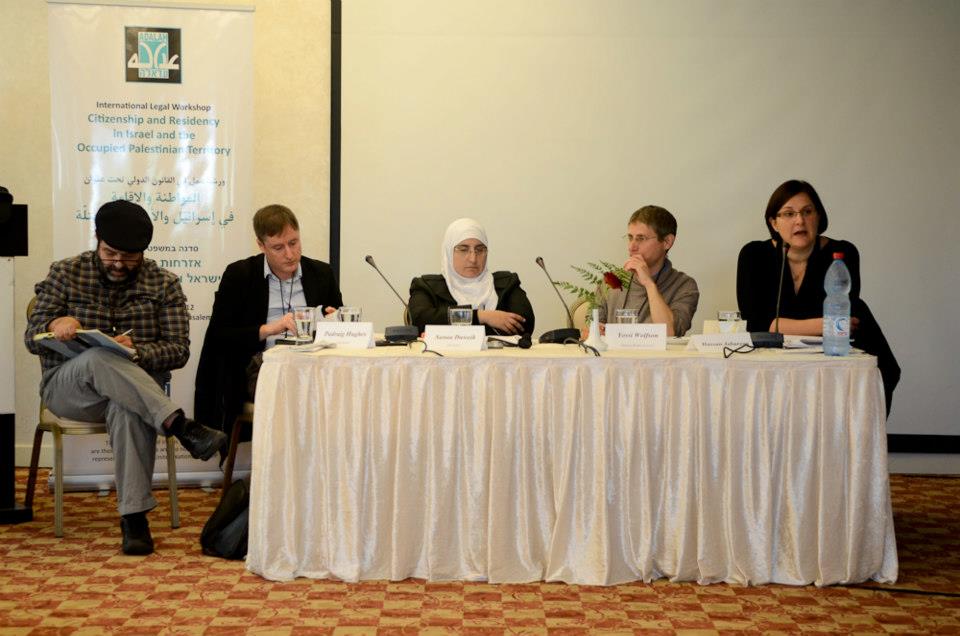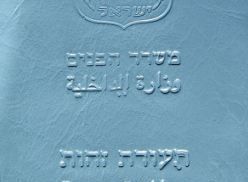Adalah, ACRI respond to move to revoke citizenship of Alaa Zayoud, a Palestinian Arab citizen of Israel
Adalah – The Legal Center for Arab Minority Rights in Israel and the Association of Civil Rights in Israel (ACRI) announced on 29 May 2016 that the organizations would file a legal objection against Israeli Interior Minister Aryeh Deri's decision to revoke the citizenship of Mr. Alaa Zayoud, a young Palestinian citizen of Israel from the town of Umm el-Fahem. Mr. Zayoud was charged in October 2015 with four counts of attempted murder of Israeli soldiers and civilians and other alleged security-related offenses.

(Photo: ehna.tv)
Minister Deri filed a motion with the Haifa District Court on 29 May 2016 seeking court approval, as required by law, for the revocation of Zayood's citizenship.
According to an amendment to The Citizenship Law (Authority for Revoking Citizenship) approved by the Knesset in 2008, a district court sitting as an Administrative Affairs Court may revoke – at the request of the interior minister – the citizenship of an Israeli on the grounds of a broadly-defined, “breach of trust or disloyalty to the state.”
Adalah Attorney Sawsan Zaher and ACRI Attorney Oded Feller stated in response that: "The revocation of citizenship is a drastic step that entails a severe violation of human rights and leaves individuals without the basic rights and protections ensured by citizenship. The authority to revoke citizenship must therefore not be exercised in an arbitrary or discriminatory manner. The penal system, and that alone, is the channel through which society should express its reservations about serious crimes.”
"Even in the most serious cases, for example the assassination of former Prime Minister Yitzhak Rabin, the Supreme Court of Israel rejected a demand to revoke the citizenship of assassin Yigal Amir. The court decided in that case that 'society has expressed its social reservation about this brutal murder, but that is no reason to revoke Amir’s citizenship, not because of the killer’s dignity, but because of the dignity of that right [to citizenship],'” the organizations contended.
"It is clear that the revocation of Zayoud's citizenship is arbitrary, discriminatory, and influenced by ulterior considerations. If we were discussing the case of a Jewish individual, no one would consider revoking his citizenship," Adalah and ACRI emphasized.
Adalah and ACRI initially appealed to Interior Ministry Deri on 1 March 2016, demanding that he retract his declared intention to seek the revocation of Zayoud's citizenship.
The organizations also drew on international human rights law, which explicitly and unequivocally prohibits the revocation of citizenship, including the 1948 Universal Declaration of Human Rights, the 1954 Convention Relating to the Status of Stateless Persons, and the 1961 Convention on the Reduction of Statelessness, which Israel signed in 1961. The latter Convention entered into force in December 1975.
"The exercise of the authority to revoke citizenship, even if not fulfilled, sends a humiliating and degrading message to Palestinian citizens of Israel that their citizenship cannot be taken for granted, and that it is bestowed on them as a privilege but not a right," Adalah and ACRI argued.

















